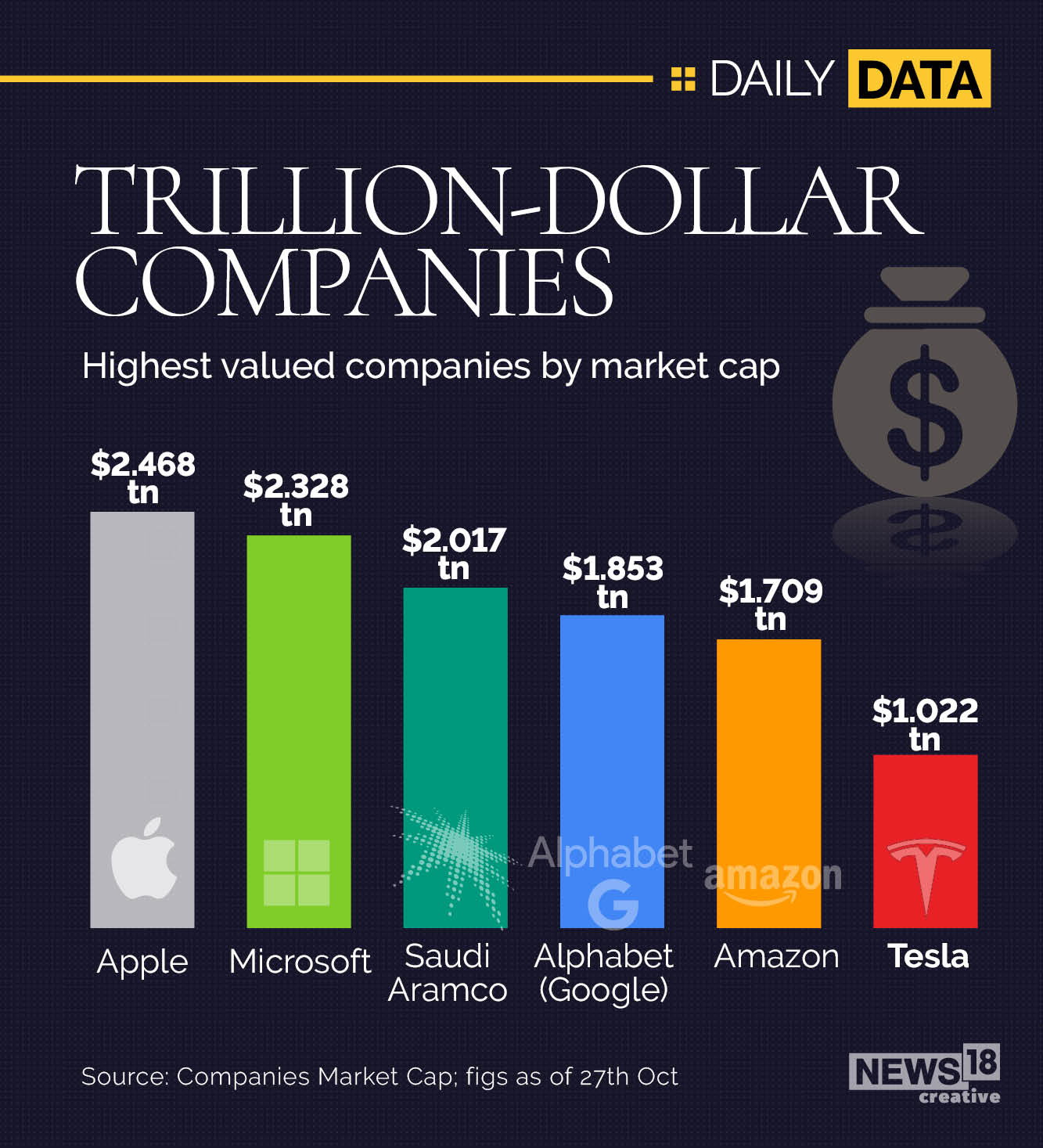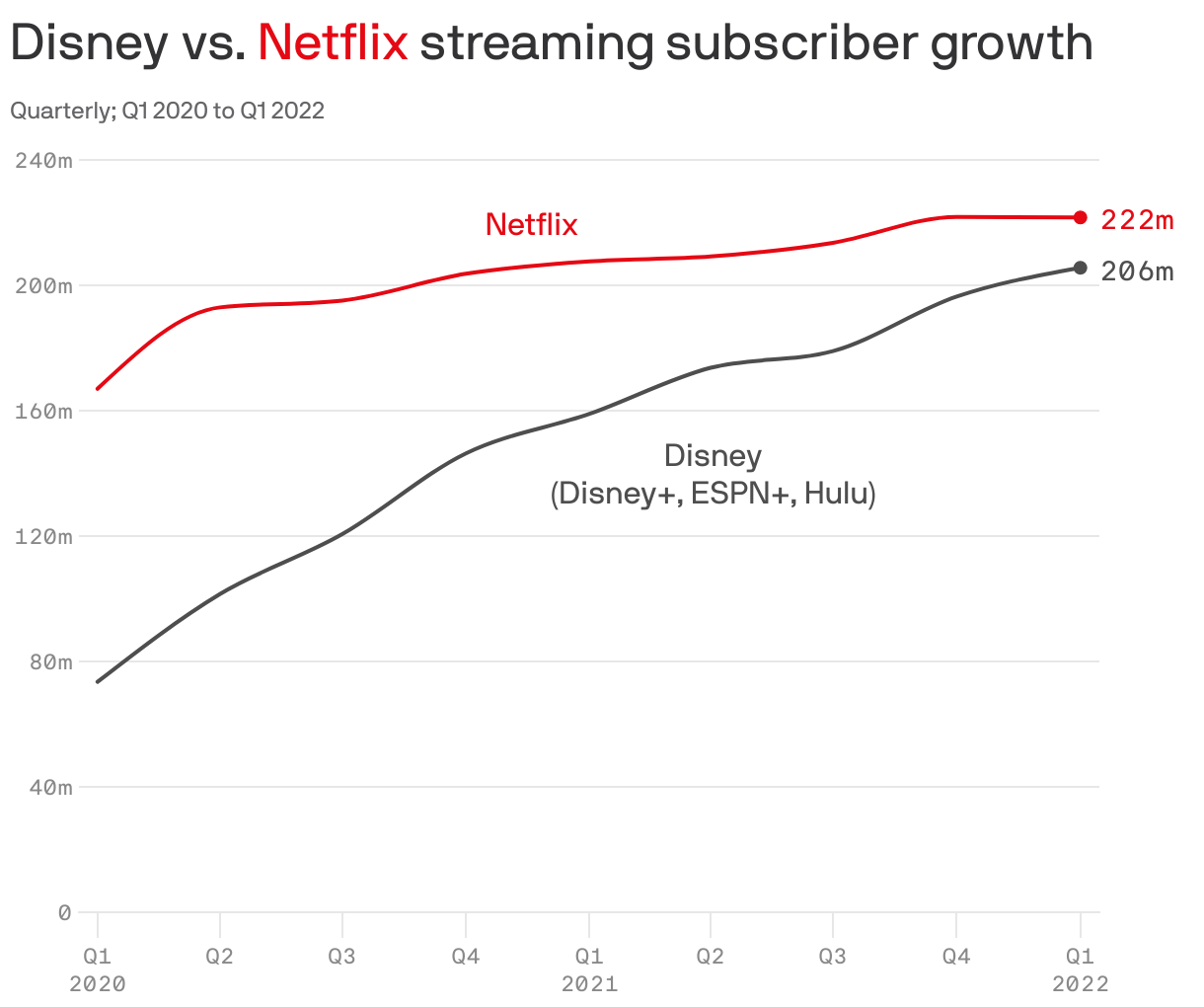OpenAI And ChatGPT: The FTC's Probe And Future Of AI Regulation

Table of Contents
The FTC's Investigation into OpenAI and ChatGPT
The FTC's investigation into OpenAI and ChatGPT is multifaceted, encompassing several key areas of concern regarding the responsible development and deployment of artificial intelligence.
Data Privacy Concerns
The FTC's investigation likely centers on concerns about how OpenAI collects, uses, and protects user data. This is particularly relevant given ChatGPT's generative capabilities and its reliance on vast datasets for training.
- Unlawful collection of personal data: The FTC might be investigating whether OpenAI's data collection practices comply with existing data privacy laws, such as the California Consumer Privacy Act (CCPA) and other state-level regulations. Concerns may exist regarding the scope of data collected and whether users provided informed consent.
- Insufficient transparency regarding data usage: Lack of transparency around how user data is used to train and improve ChatGPT raises serious ethical and legal questions. Users need to understand how their data contributes to the model's performance and the potential risks involved.
- Potential violations of consumer protection laws: The FTC is tasked with protecting consumers from unfair or deceptive practices. If OpenAI misrepresented its data practices or failed to adequately safeguard user data, it could face legal repercussions.
- Concerns about the accuracy and veracity of ChatGPT's outputs: The generation of factually incorrect or misleading information by ChatGPT raises concerns about potential harm to consumers who rely on its outputs for decision-making.
Algorithmic Bias and Fairness
A significant concern revolves around algorithmic bias in ChatGPT and other large language models. The model's training data, if biased, can lead to discriminatory outcomes.
- Potential for discriminatory outputs: ChatGPT’s responses might reflect biases present in its training data, leading to discriminatory or unfair outcomes based on factors like race, gender, or religion.
- Lack of transparency in algorithms: The complexity of large language models makes it difficult to understand how they arrive at specific outputs, making it challenging to identify and mitigate bias. This lack of transparency hinders accountability.
- Impact on marginalized communities: Algorithmic bias disproportionately affects marginalized communities, exacerbating existing inequalities.
- Challenges in mitigating bias in large language models: Addressing bias in large language models is a complex technical and ethical challenge, requiring ongoing research and development of effective mitigation strategies. This includes careful data curation and algorithmic adjustments.
Consumer Protection Issues
The FTC is also concerned about the potential for consumer harm stemming from ChatGPT's capabilities and limitations.
- Misleading claims about ChatGPT's capabilities: Overblown marketing claims about ChatGPT’s accuracy, reliability, or capabilities could mislead consumers, leading to reliance on inaccurate information.
- Potential for harm due to inaccurate or biased information: Consumers making important decisions based on ChatGPT’s outputs risk negative consequences if the information provided is inaccurate or biased.
- The need for clear guidelines regarding AI's use in consumer-facing applications: Clear guidelines are needed to ensure the responsible development and deployment of AI in consumer-facing applications, protecting users from potential harms.
Implications for OpenAI and the AI Industry
The FTC's investigation has significant implications for OpenAI and the wider AI industry.
Potential Penalties and Future Development
The FTC investigation could result in various penalties and necessitate changes within OpenAI’s practices.
- Financial penalties: OpenAI might face substantial fines if found in violation of consumer protection laws or data privacy regulations.
- Changes to data handling practices: The investigation could lead to significant changes in OpenAI's data collection, usage, and storage practices.
- Increased transparency requirements: OpenAI might be required to provide greater transparency regarding its algorithms and data handling practices.
- Impact on future AI model development and deployment: The outcome of the investigation could shape the future development and deployment of AI models, encouraging more responsible practices.
The Shifting Landscape of AI Development
The FTC's actions are reshaping the AI development landscape.
- Increased scrutiny on AI ethics: The investigation highlights the growing importance of ethical considerations in AI development and deployment.
- Growing calls for regulatory frameworks: The investigation fuels calls for comprehensive AI regulatory frameworks to address concerns around data privacy, algorithmic bias, and consumer protection.
- The role of industry self-regulation: While government regulation is crucial, industry self-regulation and the adoption of ethical guidelines are also important to foster responsible innovation.
- The impact on innovation and competition: Appropriate regulation can foster innovation by creating a level playing field and promoting trust among consumers.
The Future of AI Regulation
The FTC's probe underscores the urgent need for a comprehensive regulatory framework for AI.
The Need for Comprehensive Frameworks
Developing effective AI regulation requires careful consideration of several key aspects.
- Balancing innovation and consumer protection: Regulations should strike a balance between encouraging innovation and protecting consumers from potential harms associated with AI.
- Addressing algorithmic bias and fairness: Regulations should address algorithmic bias and ensure fairness in AI systems.
- Establishing clear guidelines for data privacy: Clear guidelines are needed to ensure the responsible collection, use, and protection of user data in AI systems.
- International cooperation on AI regulation: Given the global nature of AI development and deployment, international cooperation is essential to establish effective regulatory frameworks.
The Role of Government, Industry, and Civil Society
Effective AI regulation requires collaboration among various stakeholders.
- Collaboration between stakeholders: Governments, industry players, researchers, and civil society organizations need to work together to develop and implement effective AI regulations.
- The development of ethical guidelines and best practices: The development and adoption of ethical guidelines and best practices are crucial for responsible AI development and deployment.
- Public awareness and education: Raising public awareness about the potential benefits and risks associated with AI is essential for informed decision-making.
- The role of independent oversight and accountability: Independent oversight mechanisms are needed to ensure accountability and transparency in the development and deployment of AI systems.
Conclusion
The FTC's investigation into OpenAI and ChatGPT highlights the critical need for thoughtful and comprehensive regulation of artificial intelligence. The potential risks associated with powerful AI systems, including data privacy violations, algorithmic bias, and consumer harm, demand proactive measures. Moving forward, a collaborative effort involving governments, industry leaders, and civil society is essential to establish robust regulatory frameworks that balance innovation with the protection of individual rights and societal well-being. Understanding the complexities surrounding OpenAI, ChatGPT, and the broader implications of the FTC's probe is vital to shaping a future where AI is developed and deployed responsibly. We need proactive discussion and action on the future of OpenAI, ChatGPT, and AI regulation to mitigate potential harm and reap the benefits of this transformative technology.

Featured Posts
-
 Omada Health Ipo Filing Details On The Andreessen Horowitz Backed Digital Health Company
May 10, 2025
Omada Health Ipo Filing Details On The Andreessen Horowitz Backed Digital Health Company
May 10, 2025 -
 Palantirs Potential Can It Achieve A Trillion Dollar Market Cap By The End Of The Decade
May 10, 2025
Palantirs Potential Can It Achieve A Trillion Dollar Market Cap By The End Of The Decade
May 10, 2025 -
 Did Us Economic Policies Impact Elon Musks Billions A Deep Dive Into Teslas Ceo Fortune
May 10, 2025
Did Us Economic Policies Impact Elon Musks Billions A Deep Dive Into Teslas Ceo Fortune
May 10, 2025 -
 Nhl Playoffs Oilers Vs Kings Game 1 Predictions And Betting Analysis
May 10, 2025
Nhl Playoffs Oilers Vs Kings Game 1 Predictions And Betting Analysis
May 10, 2025 -
 Strong Parks And Streaming Performance Fuel Disneys Upgraded Profit Forecast
May 10, 2025
Strong Parks And Streaming Performance Fuel Disneys Upgraded Profit Forecast
May 10, 2025
